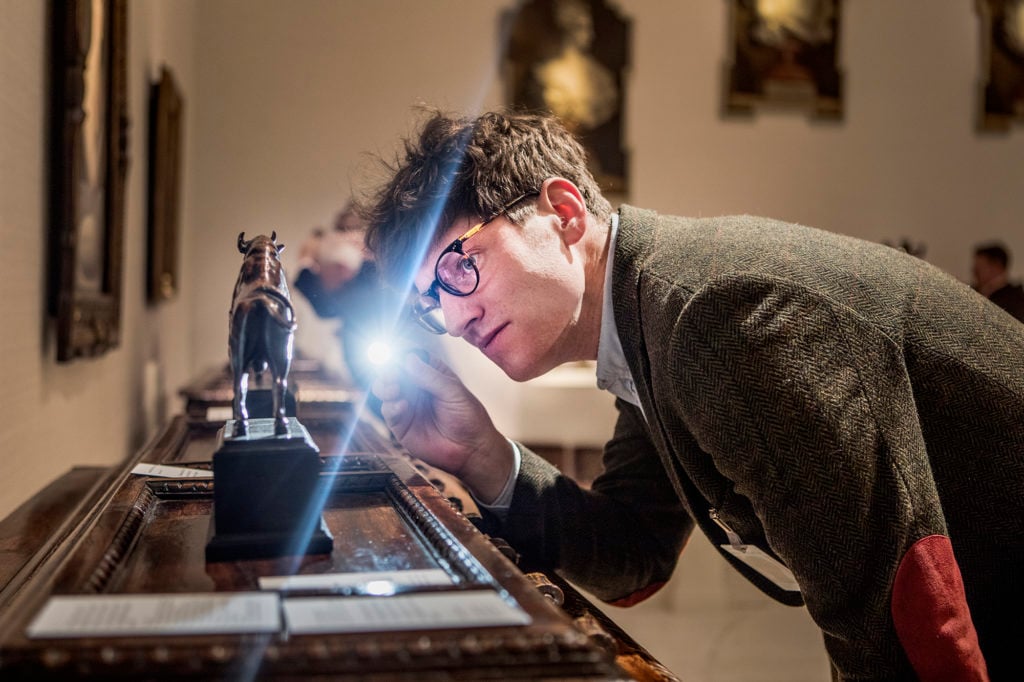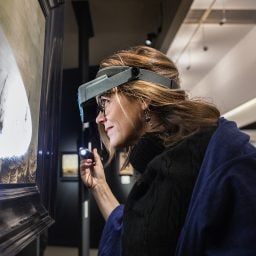The organizers of the fall New York edition of the European Fine Art Fair (TEFAF), which takes place annually at the Park Avenue Armory, announced today that the event, scheduled for November, will go online only.
The show will feature 280 exhibitors each presenting a single masterwork, and will be held from November 1 to 4, with preview days on October 30 and 31.
“The carefully considered TEFAF Online format of only one highlight per gallery will ensure the highest quality of artworks and research,” TEFAF wrote in a letter to its exhibitors.
The singular “masterpiece” format will highlight works at the “very top” of their markets, according to a statement from organizers. The simpler format also aims to make browsing easier for collectors who have complained of digital art-fair fatigue in recent months.
TEFAF organizers say they plan to apply their usual strict vetting standards to all artworks, and will present some objects that have been physically vetted for previous fair editions.
But in a first, the organizers will also do some digital vetting, although they acknowledged the challenges of the process.
“Digital vetting cannot compete with physical vetting as regards the possibility of scientific analysis supported by a fully equipped scientific research team,” according to the letter to exhibitors.
But TEFAF said it will aim to implement the most stringent possible procedures. The Art Loss Register, for example, will check all objects on the fair’s platform against its database of missing artworks. If no match is found in the register, an icon will appear alongside the object on the fair’s online platform.
“As the global art community experiences limited mobility with travel restrictions and social distancing, we are proud to bring to fruition our hope to make art in all its varied forms more accessible via digital innovation,” Hidde van Seggelen, TEFAF’s chairman, said in a statement.
The most recent Maastricht edition of the event ended abruptly on March 11, four days earlier than planned, after several dealers and attendees tested positive for COVID-19 midway through the show.
Initially, following reports that an Italian dealer had tested positive after leaving Maastricht, the fair said it had decided in conversation with local authorities that the event could continue as planned. But as concern mounted, it changed course.
TEFAF had already reported lower attendance than usual for the opening preview on March 5, with 4,000 visitors, down 29 percent from last year.







